Egypt is a country with an overwhelmingly rich and diverse heritage, from its natural landscapes and ecosystems, to cultural practices and traditions that stretch back across millennia, and often across our modern borders. Sinai is no exception, not in any way. It’s a peninsula that has played a central role in our shared history, from ancient trade and caravan routes to sacred spaces and neolithic settlements. We all have origins in Sinai, in one way or another. These stories and traditions are rapidly, and tragically, disappearing, a consequence of modernization and of globalization, of capitalism and so-called development. But thankfully, there are people who have taken it upon themselves to preserve and revive a dying world.
Founded in 2018, Sinaweya is a home-grown social enterprise working to preserve Sinai’s ecological and cultural heritage, with a focus on the Saint Catherine area.
Known for its monastery and mountains, namely Mount Sinai or Jabal Mousa and Jabal Kathrine, St. Catherine is home to an unending wealth of knowledge, history, and tradition built around a still-thriving and wild ecosystem. It was officially declared a UNESCO world heritage site in 2002.
The area is so rich in, well, everything, that it’s a struggle to express just how important and how unique it really is without writing an entire book on the subject. From its people, both ancient and modern, to its stunning natural beauty, it has so much to offer. But it must be protected, it must be nurtured.
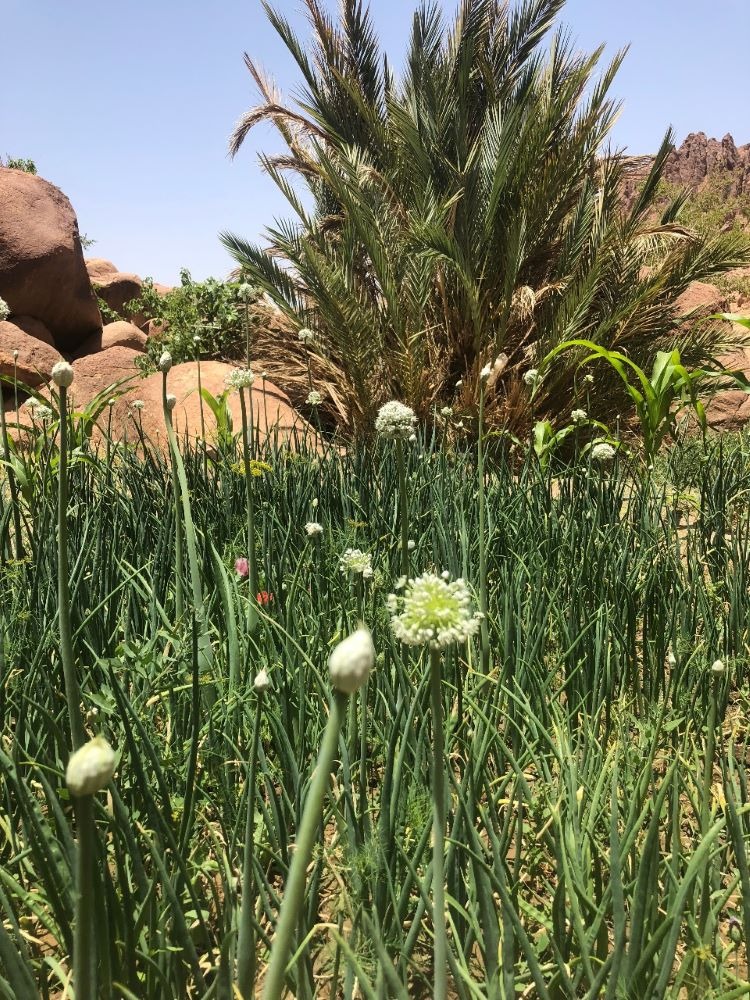
We spoke to Sinaweya’s founder, Dina Kafafy, about the start-up, from what they do and why to how you can contribute to the cause.
Tell us a little about what it is that led you to St. Catherine and to creating Sinaweya
Since 2017, I’ve been going to St. Catherine on a monthly basis, researching, learning, observing, speaking to people, loving their culture, fascinated with the ecology. I drew the conclusion that the work I want to do will bridge permaculture and gardening, herbalism and natural healing, and culture. They are all very deeply connected concepts that align with my heart which means I will no longer work within the structures that were laid out for me before.
Sinaweya was born out of an urgency that I felt to preserve the Jabaleya Tribe’s heritage, a culture that I deeply respect which encompasses all of these concepts. I find so much of my belief system mirrored in their culture, a respect and connection with the environment, simple daily practices that keep one grounded, community love and support; its all there. But with modern life creeping in, things are changing very quickly in St. Catherine. Uncalculated ripples of change are effecting the younger generation the most.
I felt like this very important culture and heritage is not safeguarded enough, and although many members of the local community protect what they can, their struggle to balance the burdens of modern life takes priority over maintaining many practices that come with the preservation of an oral heritage. I felt that this was something that I could help with. It’s an exchange really, where I would learn so much, and at the same time, I can contribute my knowledge in research and cultural management to conservation. The intention is simple – to build real relationships with the local community, to understand past and current contexts, to research and document their heritage, and to find ways to weave traditional practices and ethics back into modern life.
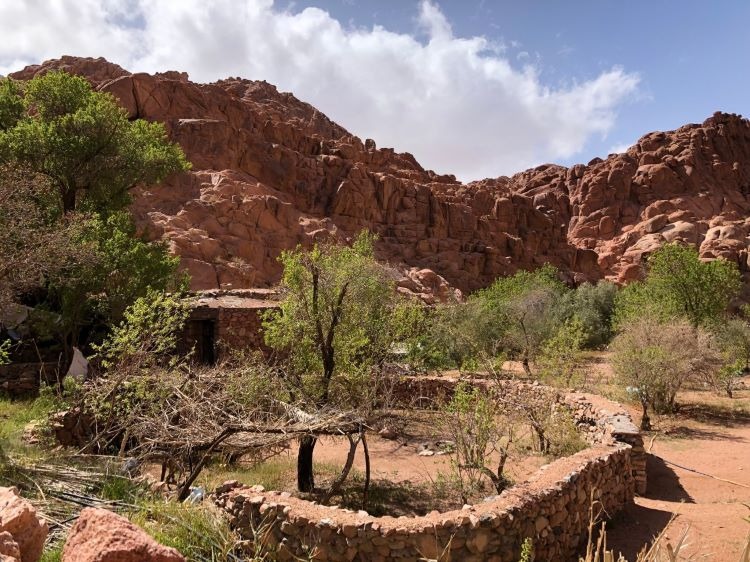
What about in practice, what are the goals and achievements Sinaweya is working towards?
Sinaweya is a huge dream and you really need to live it one step at a time; that’s how we’ve decided to take it on. The last year and a half of work have really opened so many potential doors for the project.
We have been collecting a lot of data; we have a pretty hefty resource library which we are breaking down into a database that becomes researchable, and the idea for me is that this database continues to grow so it makes it easy for us to be able to develop educational programs, workshops, and one day a book. We began with the illustrated botanical poster we now sell. The idea was to use our research, translate it into something useful and visual for people who want to learn how to use common herbs from St Catherine. We collaborated with Egyptian artist, Sophia Ahmed, to bring the idea to life; we are so proud of the outcome and happy so many of our supporters now have framed Healing Herbs posters in their homes.
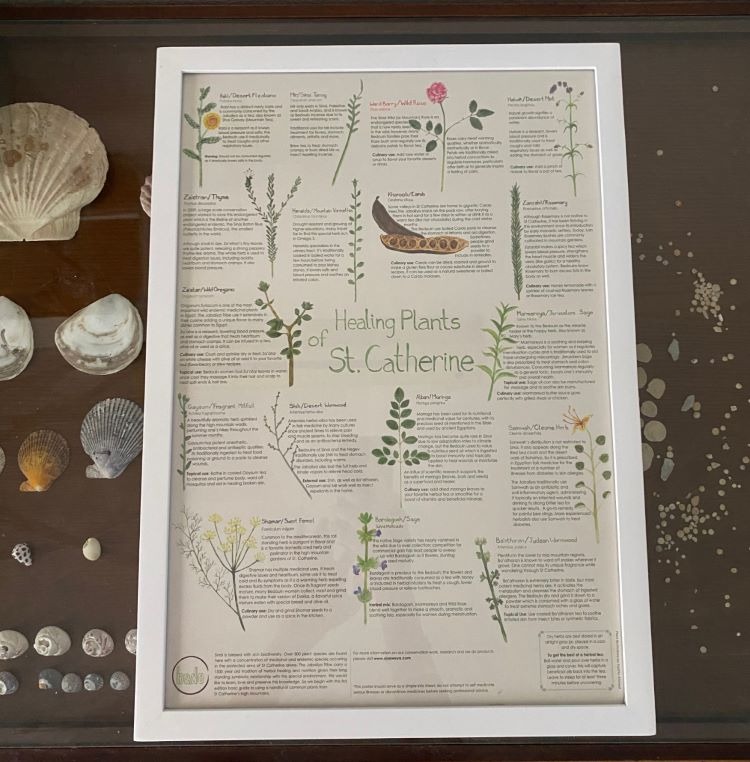
As mountain gardens are unique and foundational to the Jabaleya’s culture, we’ve been working really hard on a demonstration permaculture garden over the last year, which has served as a platform for us to understand and develop a sustainable model of work to follow through in future conservation of mountain gardens.
I imagine eventually a chain of revived gardens in different wadis that are diverse, productive, and profitable for Bedouin families. Where they cultivate the herbs that grow around them for harvest, instead of harvesting from the wild, which is very important in terms of the conservation of wild plants and is aligned with Egypt’s national development plan for environmental conservation.
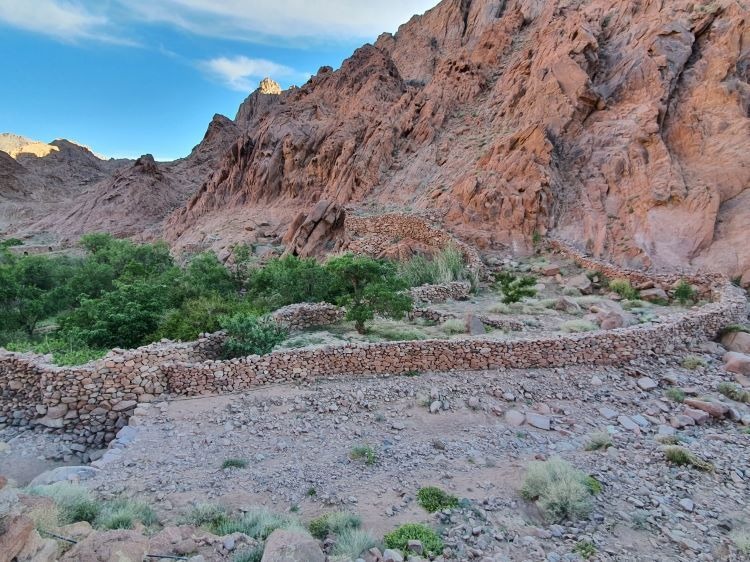
I’m hoping that we can achieve these goals with the gardeners that are caring to the land, and the example of their successes would encourage others to maintain the wealth of these heritage gardens, which can be a reliable source of income.
We’ve been also researching the many wild medicinal plants and unraveling a lot of the traditional knowledge in terms of how to use them, how to prepare them, when to harvest and seed save, different recipes for nutrition, and healing. Its been inspiring to say the least.
We’ve developed be.do as a brand that sells Bedouin made products, including dried herbs, seasonal recipes, and handcrafts; we’ve been experimenting and developing our product line during the pandemic.
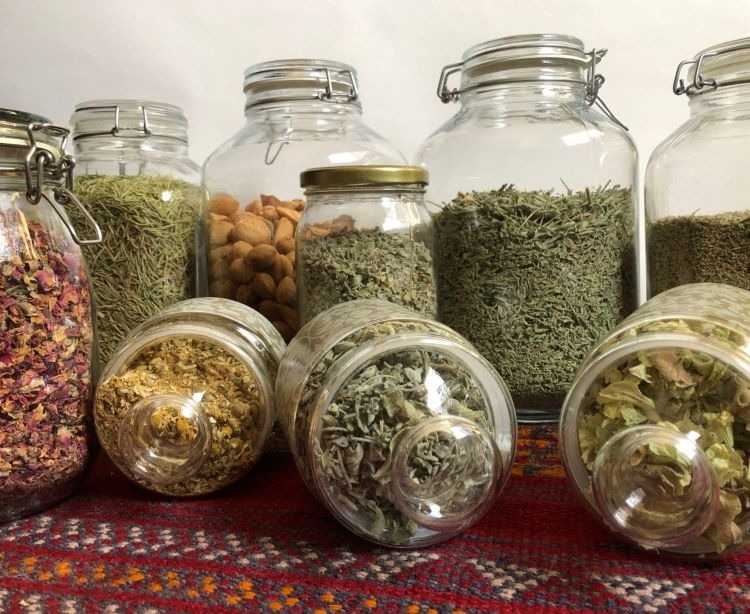
be.do was launched in markets in Cairo last October. Our brand in a way keeps the traditional knowledge alive, it supports our conservation work and the makers of the Bedouin community. All be.do profits in the start-up phase go straight back into the project. In March we were supposed to really pick up on sales because there were so many big markets and bazaars planned for that month, and everything got canceled. March was also supposed to be our first public presentation on the project with Nature Conservation Egypt (NCE); they had a series of nature talks, so that was going to be our first step into the public sphere sharing what we’ve been doing in more detail. But like every other business, we’re now working on creating a better online presence for Sinaweya and be.do.
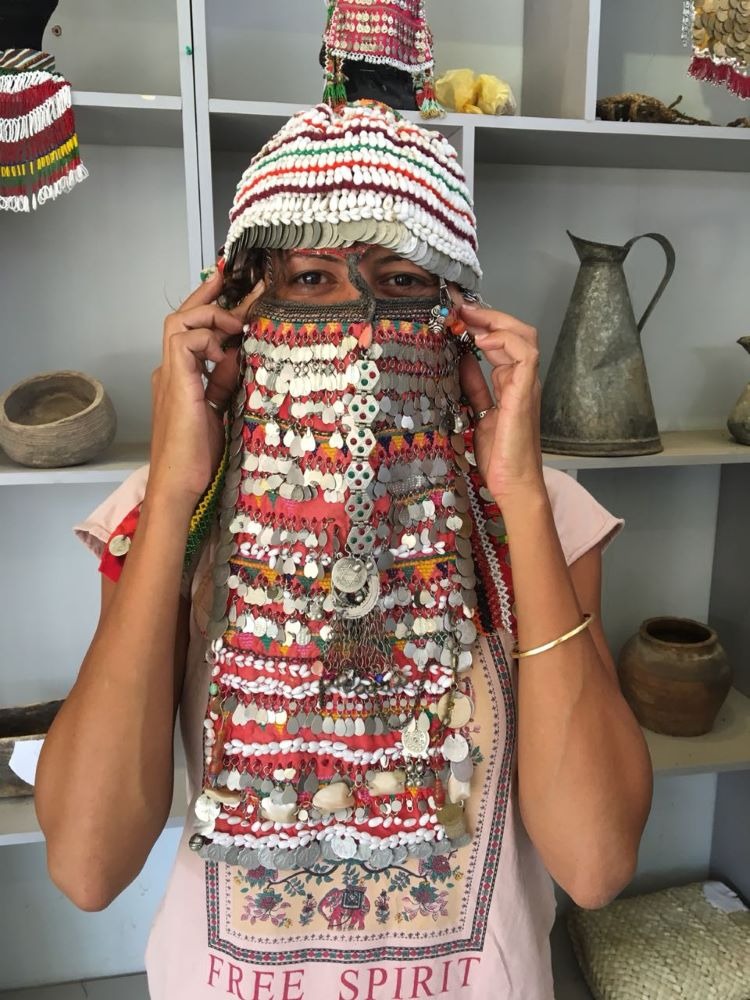
What about the challenges, what would be the biggest?
It’s money related, of course. That’s really a huge challenge for me on a personal level and for the company. It’s a passion project and we have received a lot of support in so many different ways because people feel very passionate about what we do. But at the end of the day, part of the dream is to make it a sustainable entity, and I hope that if I have to take a step back at one point or another, it will still continue working. Making it a financially stable and sustainable entity is a big challenge, and that’s why I have recently started calling for advice from financial consultants.
I come from a non-profit background and I purposely registered a for-profit because I truly believe after having surveyed many organizations abroad, you need to generate at least part of your income without having to depend on other sources. So coming up with a financial structure that would compensate our team fairly and generate enough income to give the local community reliable profitability is challenging, but it’s a well-received part of the journey that I think is feasible in achieving given the right expertise.
What have you found most rewarding, so far?
This project has really allowed me to see the abundance that we live in, and I’m not talking about money at all. Egypt really is culturally and environmentally rich and it’s an honor to learn from and get to know the community in St. Catherine. This project is soul-nourishing and it really does help me feel more complete and builds the belief in something that is very positive and bright that could exist in this country.
Along the journey, I have been blessed to meet so many different, inspirational people. Following this calling has allowed me to build new friendships. You connect with people on a completely different level in the context of this work, it’s not superficial, it’s very deep. One feels compelled to exchange important knowledge, and cultivate a community around this cause which is the greatest benefit, what a huge reward!
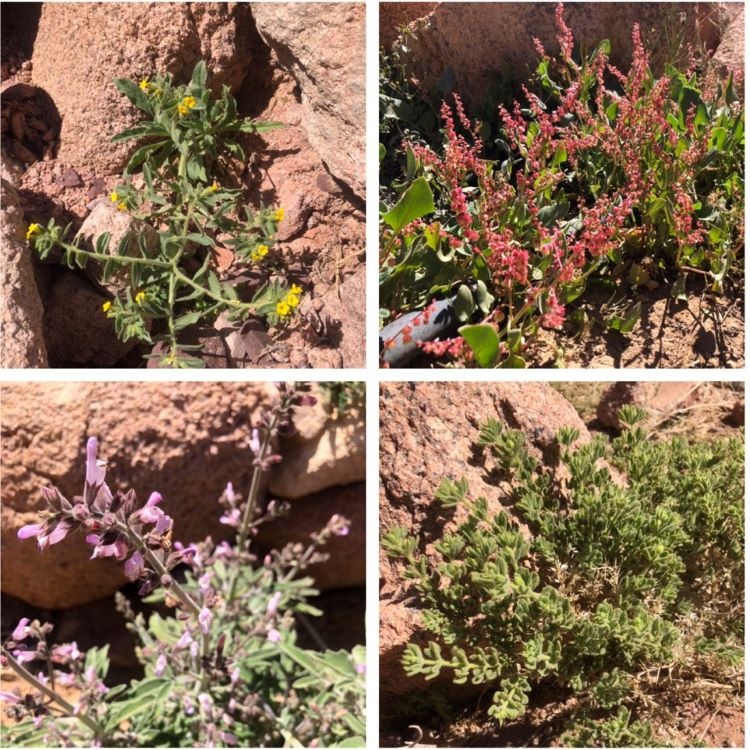
And finally, how can we contribute?
Support be.do, follow be.do, support Sinaweya. Get in touch if you’re interested, we’re welcoming people who want to collaborate or volunteer their skills.
I actually wanted to start a volunteer program before corona where people could come and actually work with us in the gardens. It’s a lot of manual labor but we were going to turn it in a way that would be some form of a retreat or some form of learning workshop environment and they can learn about permaculture and gardening but also really help a Bedouin family in reviving their own garden, but I don’t see that happening this year. Who knows what’s going to happen this year.
The possibilities are endless and our impact is still very small but it takes time to cultivate something that’s real and sustainable in that sense.


